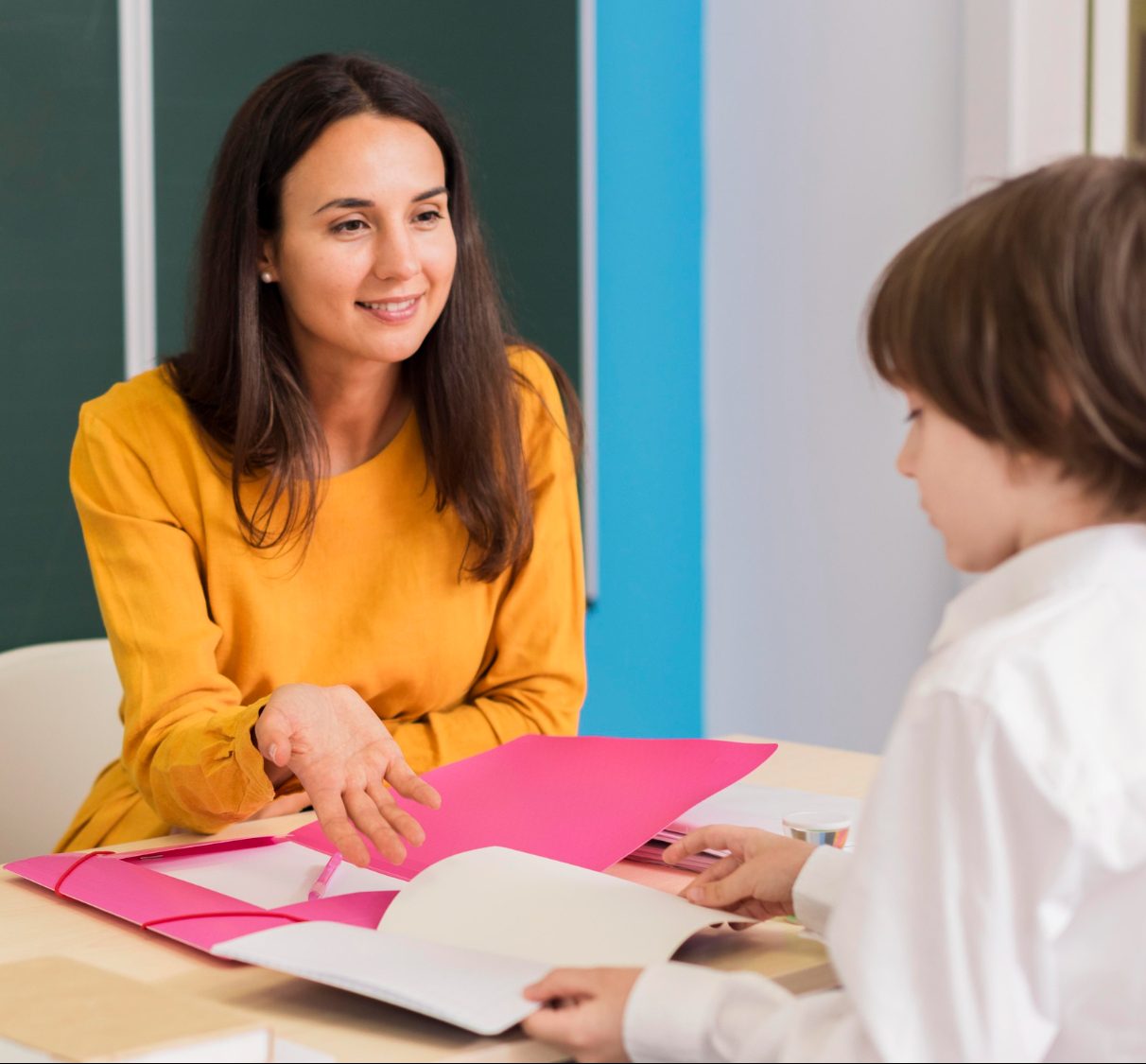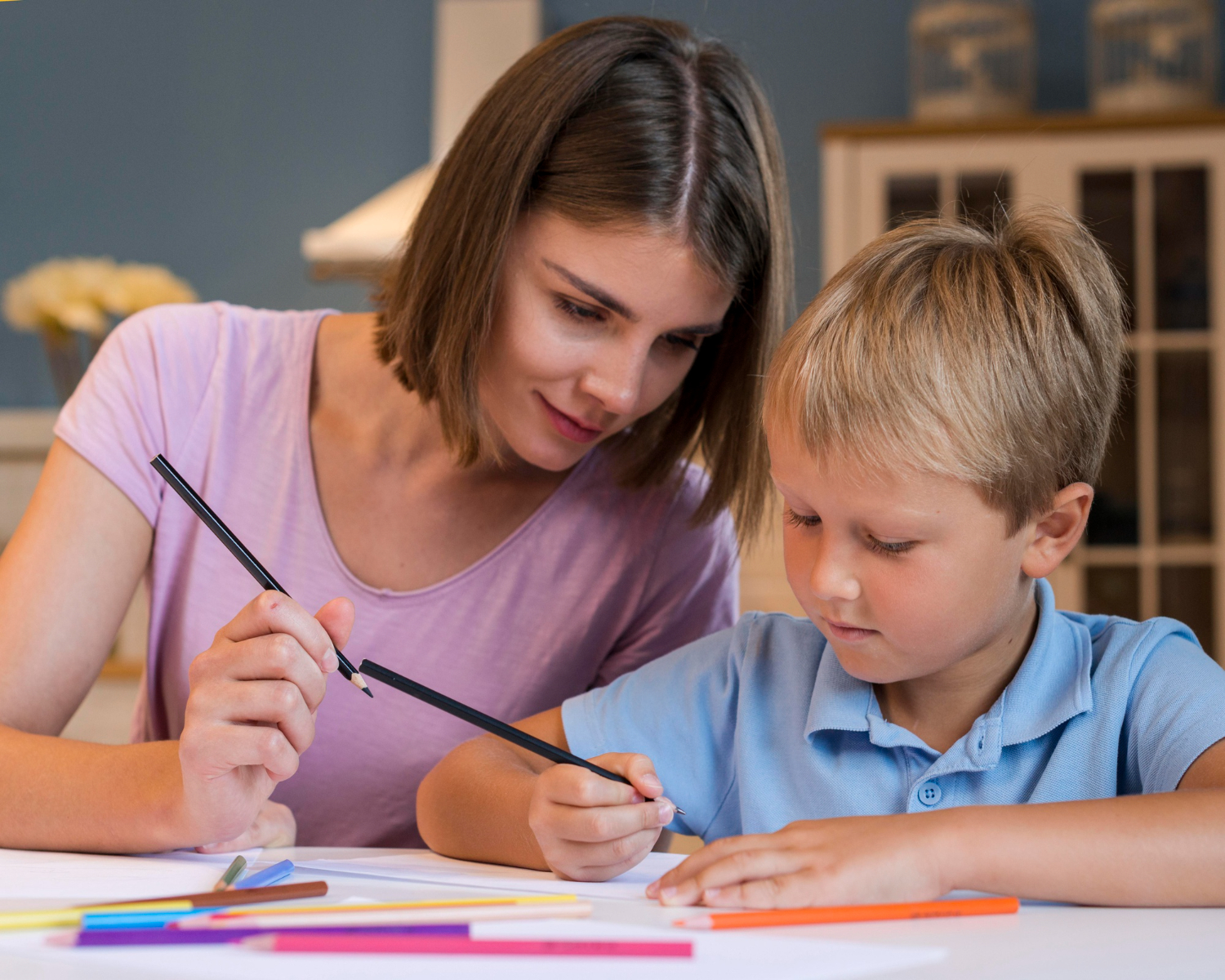Is a primary teaching assistant job a good fit for you?
If you are just starting your education career or are already working as a primary teaching assistant, this is an excellent opportunity to gain valuable experience in a classroom setting.
By adapting your teaching support skills to suit a variety of learning support needs and difficulties, you will gain extraordinary experience in utilising a wide range of methods, aids, and approaches to bring out the best in all pupils.
Having some knowledge of Special Educational Needs and Disabilities (SEND) and Additional Learning Needs (ALN) can be useful in a primary teaching assistant role, as you will be supervising and supporting pupils both with and without special needs, ensuring their safety and ability to access learning activities.
To teach in a state school in England, you must have a degree, and gain Qualified Teacher Status (QTS) by following a programme of Initial Teacher Education or Training (ITET).
Previous in-school teaching experience is often desirable. If you can show experience in supporting children within the primary age ranges 5 to 11 years, perhaps with a history of voluntary classroom and excursion experience, you will find many schools are supportive of new primary teaching assistants without in-school experience.
Your duties as a TA will include:
- Supervise and provide learning support for pupils with or without special needs.
- Assist with the development of individual education and behavioural plans setting challenging expectations for pupils to achieve learning goals.
- Establish trusting relationships with pupils and interact with them according to individual needs and personalities.
- Encourage pupils to interact with the class and engage in activities.
- Provide feedback to pupils and teachers on pupil’s achievement, progress and any problems that arise.
- Create and maintain an orderly and supportive environment, undertaking administrative tasks as needed.
- Promote good pupil conduct encouraging pupils to take responsibility for their behaviour.
- Support the use of technology in learning and develop pupils’ competence and independence in its use.
- Prepare resources required for learning activities and assist pupils in their use.
- Uphold policies and procedures relating to child protection and data protection.
- Supervise pupils before school, after school and on school trips.





